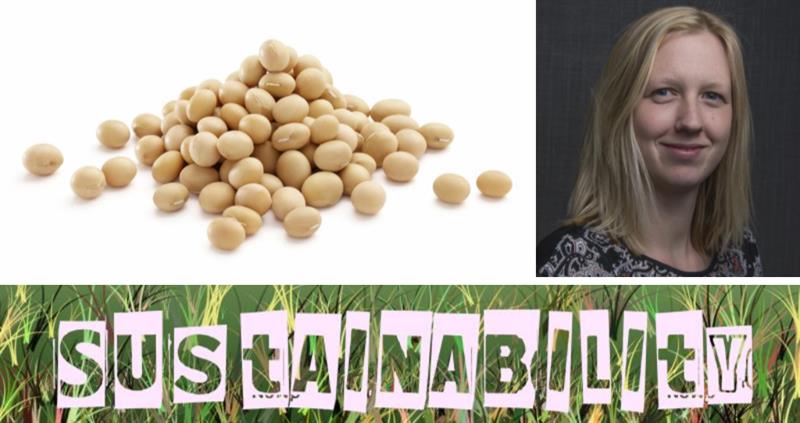As a result of becoming signatories of the UK Round Table on Responsible Soy (RTRS) retailers have committed to ensuring that soya used in their supply chains is legal and cultivated in a way that protects against conversion of forests and valuable native vegetation to produce soya.
The UK Roundtable on Sustainable Soya, convened by the Department for Business, Energy and Industrial Strategy (BEIS) and facilitated by Efeca, was set up in 2018 to allow UK industry (from traders to food companies and industry associations) a pre-competitive space to discuss and work together towards secure, resilient, supplies of deforestation-free sustainable soya to the UK. The UK Roundtable now has over 30 members, including the major supermarkets, protein producers, farming organisations, feed industry, foodservice businesses and soya traders.
At the end of April members were committed to publishing their own public commitments to sustainable soya and time-bound delivery plans. Currently these commitments represent 83% of the UK’s retail market share.
The expansion of soya production in South America has been strongly associated with deforestation and natural habitat destruction. The bulk of soya goes in to animal feed, it is particularly important for pig and poultry but also used in dairy and beef diets. The UK imported a total of 3.1 million tonnes of soybeans, meal, and oil in 2017. The largest share of soy meal volume originated from Argentina with 1.2 million tonnes.
The expansion of soya production has been a significant driver, alongside beef, timber and other forest commodities, in the loss of forests and other native vegetation in South America, with impacts on biodiversity, carbon emissions, water systems and local communities. It is estimated that deforestation and forest degradation represent 10-20% of global ‘man-made’ CO2 emissions.
How can sustainable soya be bought?
Certified soya may be acquired in a range of ways:
- Non-physical flow: The credits model allows the soya farmer the incentive to grow soya to a sustainable standard without the complication and cost of segregating soy through the supply chain. The farmer gains a ‘credit’ for every tonne of certified soya produced. The credit is traded on a separate online market in the form of sustainability certificates and there is no physical link between the purchase of the credit and the flow of certified material.
- Physical flow: This is purchasing soya which has been produced and monitored throughout the supply chain by the certification. This supports certified production via the Mass Balance or Segregation supply chain mechanisms.
We asked Efeca, what does this mean for farmers?
The aim of the UK Roundtable is to work together to ensure secure supplies of sustainable soya to ensure long term resilience in UK soya supplies. This will be dependent on helping to ensure production methods in soya producing countries and protect the ecosystems upon which future crop production and livelihoods depend.
There are sufficient volumes of sustainable soya credits currently available, as an example, RTRS has reported production of volumes of 4.5 million tonnes in 2018 to meet current demand. The aim of the UK Roundtable is to continue to work together to ensure we build demand for sustainable soya at a pace that ensures there is sufficient supply to meet market requirements for all, recognising the different needs across industry sectors, for example that the needs of the poultry industry will differ from dairy, lamb or beef.
Thank you to Rose McCulloch for her contribution to this article. For more information please visit www.efeca.com.
